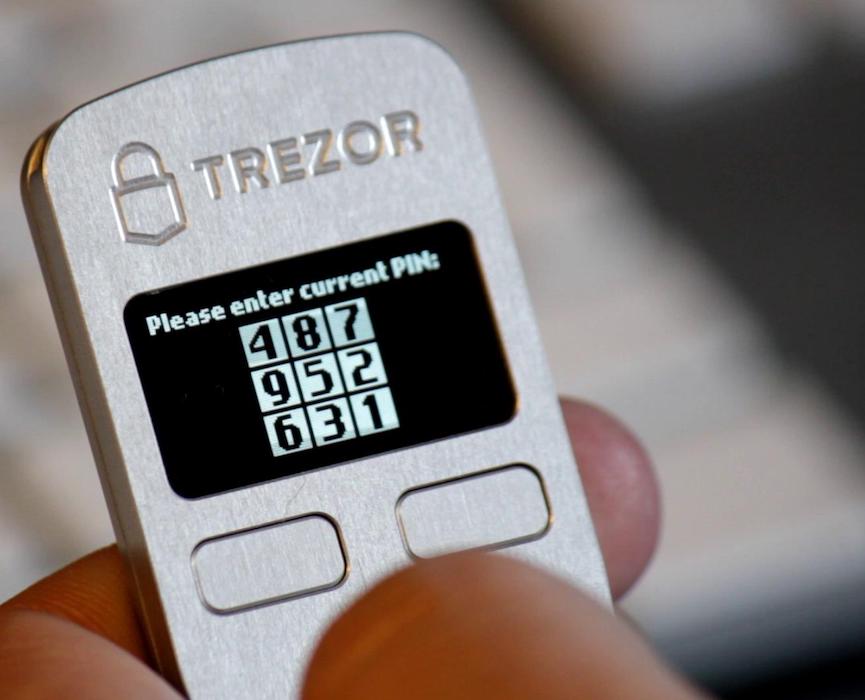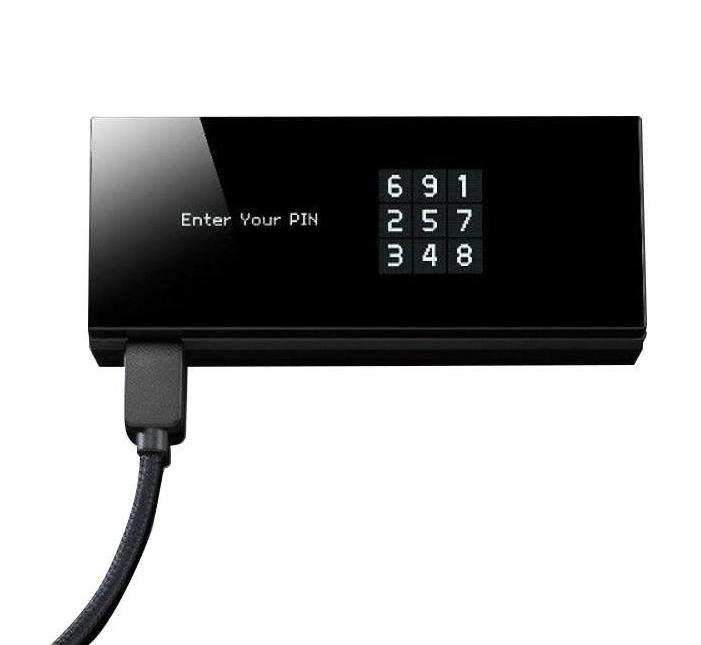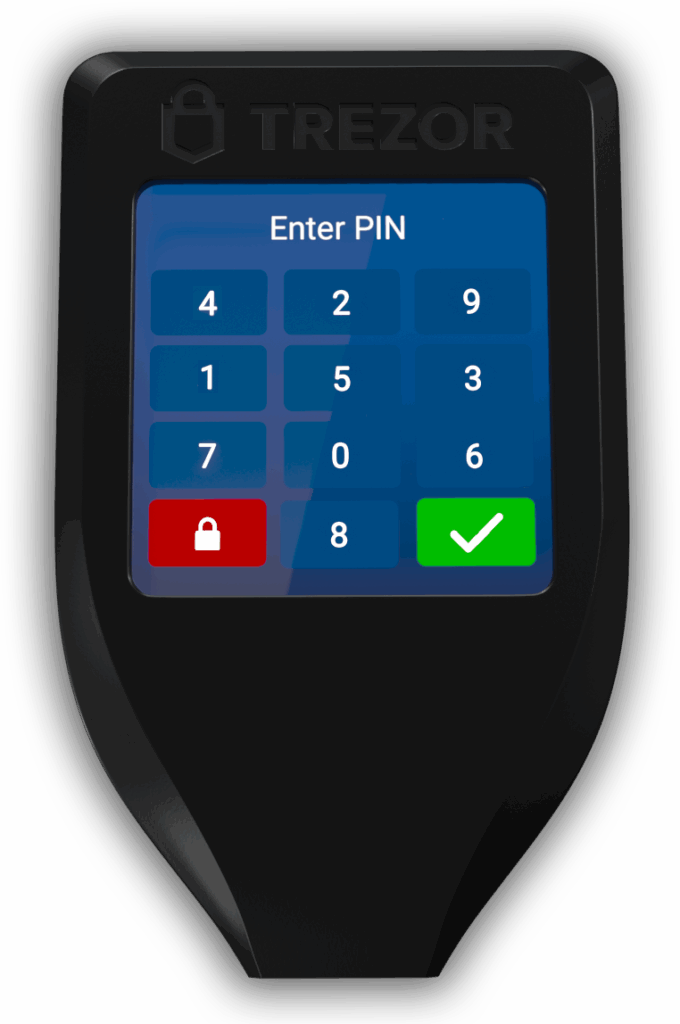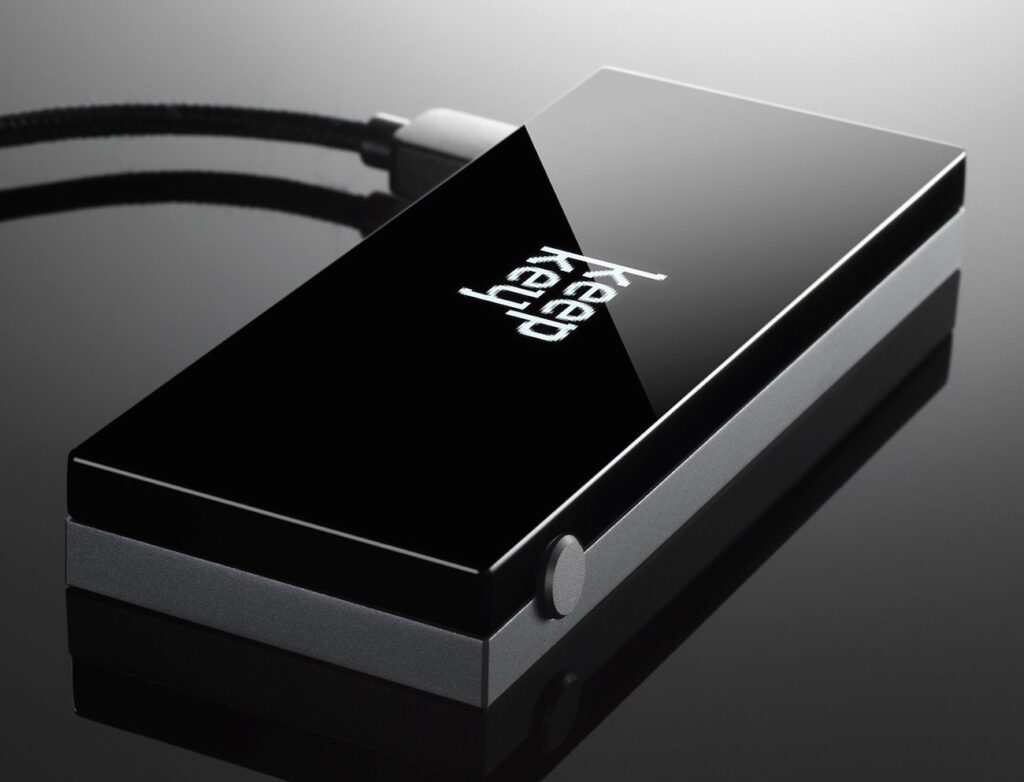The cryptocurrency industry continues to increase the size, scale and features of its infrastructure, which includes wallets. Recently, French cryptocurrency wallet maker, Ledger raised $75 million in a Series B Funding Round. Learn what this may mean for the burgeoning digital coin industry.
Ledger Wallet Expansion
The Ledger Wallet – Nano S – is becoming one of the cryptocurrency industry market leaders. This Ledger Hardware Wallet allows users to store their digital coin wealth offline. In January 2018, CNBC reported Ledger Series B Funding raised $75 million.
European venture capital firm, Draper Esprit was one of the primary money sources. Ledger CEO Eric Larcheveque said, “We initially designed our Ledger hardware wallet as an enabler for the blockchain revolution.” Now, this funding could help Ledger take the next step to becoming a “technological giant in the promising space of cryptocurrencies.”
What Happened During Ledger Series A Funding?
Tech Crunch reported Ledger’s earlier Series A Round of Funding, circa March 2017 for $7 million. It received funding from MAIF Avenir, XAnge, the Digital Currency Group, Kima Ventures and Nicolas Pinto. At this time, Ledger had sold more than 50,000 wallets.
Why can’t people simply use a smart phone for cryptocurrencies?
Money security is a key requirement in the cryptocurrency industry. While smart phones can be used for buying and selling, they might lack the same security features as the Ledger Hardware Wallet.
This wallet permits “cold storage.” It not only protects your coins against electrical disruptions, but also against cyber hackers. Most smart phones do not have these added security features.
What Does Ledger Series B Funding Mean?
Investopedia Series A, B and C Funding is defined as money provided to startups before their initial public offering (IPO). Each series has a very specific goal. Generally, these entail the following: Optimize, Build and Scale.
The first goal after Series A is to optimize the business model. The startup must manufacture a real product and sell it to real customers. Companies must create a real market share with revenue.
Ledger has accomplished this already. In some circles, its Ledger Nano S is the industry standard; now, it seeks to build its market share after Series B Funding. This might include adding more sales, marketing and research personnel.
Series C involves increasing the scale of the business model to compete with the “Big Boys”.
Ledger Products
Ledger offers a variety of products to help with secure offline storage of cryptocurrencies. Its products can be used with a variety of digital currencies. Ledger products include the Ledger Nano S, Ledger Blue, Ledger Cryptosteel and Ledger OTG Kit.
The Ledger Nano S is the entry level hardware product, comprising a simple flash drive.
The Ledger Blue is a high-end mobile device with a built-in touch screen. This Ledger Wallet is Bluetooth-enabled with dimensions of 97 x 68 x 10 millimeters. It uses the Blockchain Open Ledger (BOLOS) system.
Security is tantamount. Users need a 4 to 8 digit PIN code to unlock their Blue. The Blue Secure Element never allows their private key to be transmitted to third parties or even Ledger. Users can add new cryptocurrencies without corrupting the Master Seed.
Ledger products have internal certificates that are checked when users boot it up. They will not operate until the security question is answered correctly.
The Ledger Cryptosteel is an indestructible backup system. Wise computer users always have a backup and recovery plan.
The Ledger OTG stands for On-the-Go. This is a mobile cable kit, allowing people to use their cryptocurrencies anywhere. This kit includes dual USB, cables and a Type-C Micro USB.
Ledger Development Plans
Only the Ledger CEO Eric Larcheveque knows what the money will be used for. Industry experts suggest that Ledger could manufacture microchips or even computers embedded with its blockchain security verification system. All financial transactions require high security and mainstream banks are starting to investigate the viability of cryptocurrency blockchain security features.
Right now, the Ledger company offers a flash drive or mobile device, but wouldn’t a secure cryptocurrency laptop be popular? Investors could have news feeds, real-time pricing updates and connectivity to their favorite exchanges.
Perhaps, Ledger could compete with Apple, Samsung or Google with a device based on the ground-breaking digital coin blockchain security system. Ledger continues to build a trustworthy reputation for secure blockchain transactions. This cryptocurrency industry leader could have a bright future.







































